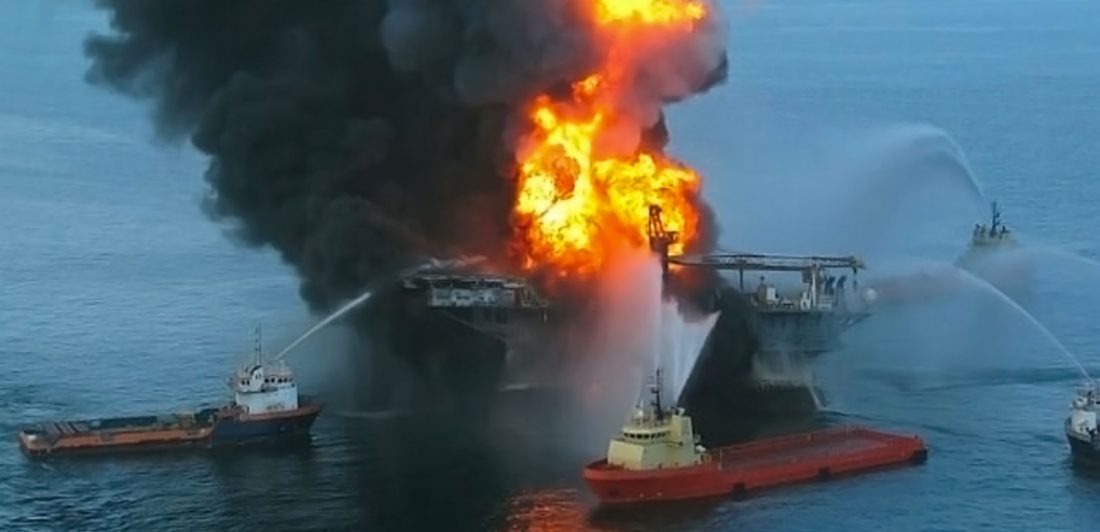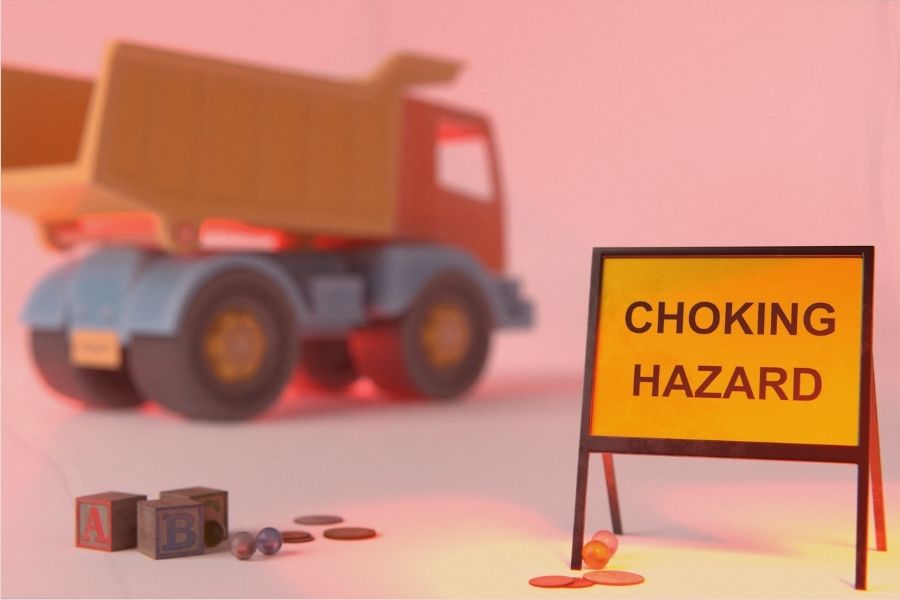A single spark can cause catastrophic damage. Depending on the location of where the spark occurred, there is the potential of experiencing a tragic explosion. When explosions occur in a confined space, the mortality rate is 49 percent compared to the 8 percent mortality rate of open-air explosions. Aside from death, one can experience tragic, life-altering injuries from explosions.
Types of explosions
An explosion is the extraordinary release of energy after a rapid increase in volume. Explosions typically occur when extreme heat generates a gas release. Generally, explosions are categorized by the source or mechanism that produced the explosive pressures. Explosions are broken down into four different categories:
- Mechanical- a high-pressure gas produces a physical reaction, vessel failure or rupture of the container.
- Chemical- often initiated by an electric spark or flame and involves a rapid and violent oxidation reaction that produces large amounts of hot gas.
- Electrical- a high-energy arc forms which rapidly vaporizes metal and insulation material.
- Nuclear- occurs due to the result of the rapid release of energy from a high-speed nuclear reaction.
Further, they are classified as either high-order explosives (HE) or low-order explosives (LE).
- High-order explosives have a blast wave, a supersonic pressure wave.
- Low-order explosives lack the blast wave, instead, they have a subsonic explosion.
Where and why do explosions occur?
Explosions can occur in a variety of locations. They can occur at home or on the job, including oil and gas extraction sites, chemical plants, construction sites, businesses, roadways (motor vehicle collisions), manufacturing facilities, restaurants, hotels and other locations.
In many cases, a negligent person or company is directly or indirectly responsible for the explosion. Overlooked safety hazards, operator error, negligence on behalf of the supervisor and/or employees or pure carelessness are many times the cause of explosions in a variety of settings.
Injuries caused by explosions
There are four categories of explosion injuries: primary, secondary, tertiary, and quaternary. All explosion injuries may call for compensation, so you should seek legal guidance from an experienced Explosion Injury Lawyer as soon as possible.
Primary injuries
High-order explosions cause primary injuries, which may have a delayed presentation with no initial sign of injury.
Blastwave injuries: These injuries are the result of a high-pressure wave of an explosion coming into contact with your skin. The over-pressurization can affect the lungs, auditory organs, the eyes, brain and gastrointestinal tract and may be subtle with delayed presentation. Possible injuries include:
- Blast lung- injury to the lung parenchyma
- Blast ear – membrane rupture and middle ear damage
- Blast brain – injury to the brain parenchyma (even without direct injury to the head)
- Blast eye – rupture of the globe of the eye
- Blast belly – abdominal hemorrhages
Secondary injuries
Secondary injuries are more common than primary injuries and account for the majority of injuries from an explosion. These type of injuries may either be obvious or deceiving.
Flying debris injuries: Someone may experience flying debris injuries when fragments released and accelerated by the explosion penetrate or strike the body. There is a risk of blindness with flying debris injuries. Examples of other injuries associated with flying debris are:
- Eye penetration
- Cuts
- Lacerations
- Impalement
Tertiary injuries
These injuries may occur when an explosion victim is thrown in the air and impacted on another object by the blast wind. If a structure were to collapse, the victim would also be at risk of tertiary injuries. The strength of the explosion is the determining factor in the severity of injuries sustained.
Impact injuries: Bone fractures, brain injuries, traumatic amputations, and decapitation are all examples of injuries associated with being tossed during an explosion due to the impact of the blast wind. An explosion can slam a perosn's body against hard surfaces, causing varying degrees of injuries, including:
- Traumatic amputations
- Broken bones
- Soft tissue injuries
- Closed/ open brain injuries
- Sprains
- Heavy bruising
Quaternary injuries
These types of injuries are the result after the explosion occurs or the worsening of previously existing medical conditions. Quaternary injuries may be caused by exposure to the resulting fire, fumes, biological agents, smoke, dust, and toxins from the explosion.
Physical disfigurement: Permanent burn scars to the face and other parts of the body are common explosion injuries.
Physical impairment: Paralysis affects victims tremendously. They often are no longer able to enjoy daily activities that many of us take for granted. Walking, running, riding a bike and playing with their kids will no longer be what it once was. Although the impairment is physical, a large part of the damage is psychological.
Respiratory damage: Inhaling toxic or overheated fumes may lead to asthma, chronic obstructive pulmonary disease (COPD) and other lung ailments.
Examples of quaternary injuries include:
- Worsening of respiratory illness
- Hyperglycemia
- Hypertension
- Angina (painful spasms, sensations of choking)
- Severe burn injuries
- Closed and open brain injuries
- Post-traumatic stress disorder
- Cancer from chemical exposure
Wrongful death caused by explosions
Not only are explosion injuries painful, explosions have the potential of being deadly. Blocked exits are often a cause of fatalities from explosions. An ineffective evacuation plan or not having an evacuation plan at all may also cause a death in an explosion.
Anytime a loved one dies, the family suffers tremendous harm. Aside from grieving their loved one’s death, family members will be greatly affected financially, especially if the person who died was the primary financial provider. In such instances, the family members of the deceased may file a wrongful death claim to hold the at-fault party accountable. Possible recoveries in a wrongful death claim include:
- Lost earning capacity
- Loss of companionship
- Funeral expenses
- Medical costs before death
- Loss of parental guidance
- Long-term financial losses
- Loss of employment benefits
- Loss of inheritance
How The Carlson Law Firm can help
Even if you are unsure if you have a case, it is recommended you consult with an Explosion Lawyer to help guide you through your next steps.
If you have been injured or a loved one has been injured or killed in a fire or explosion due to the negligence of another party, you may be able to hold them accountable and file a claim to recover your losses. We have a team of compassionate attorneys, on-staff nurses and private investigators that will heavily invest in your case not only to fight for maximum compensation but to make sure you get the best medical treatment for a healthy recovery. We are available 24 hours a day, seven days a week. Contact us today for a free case evaluation. We care, and we can help.




